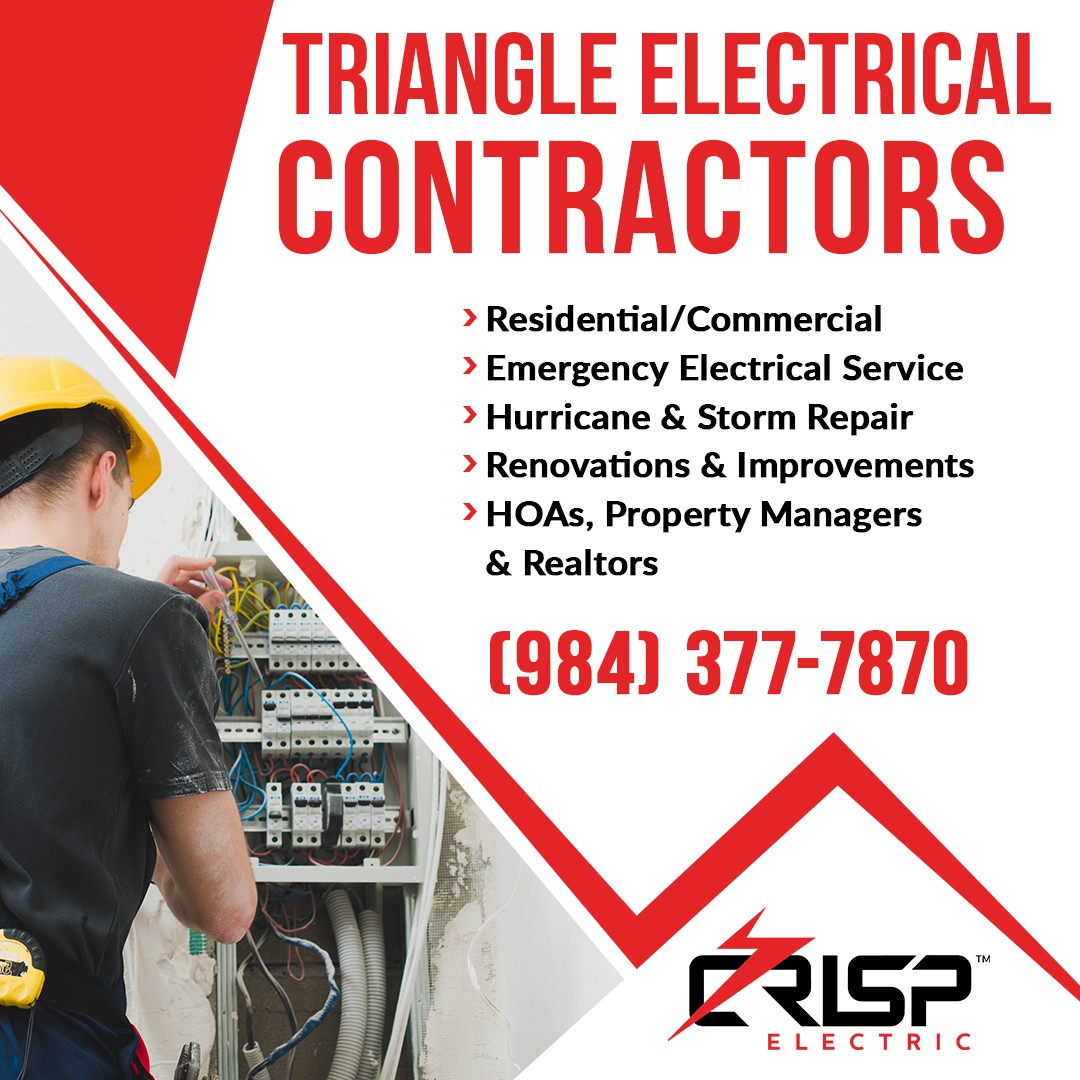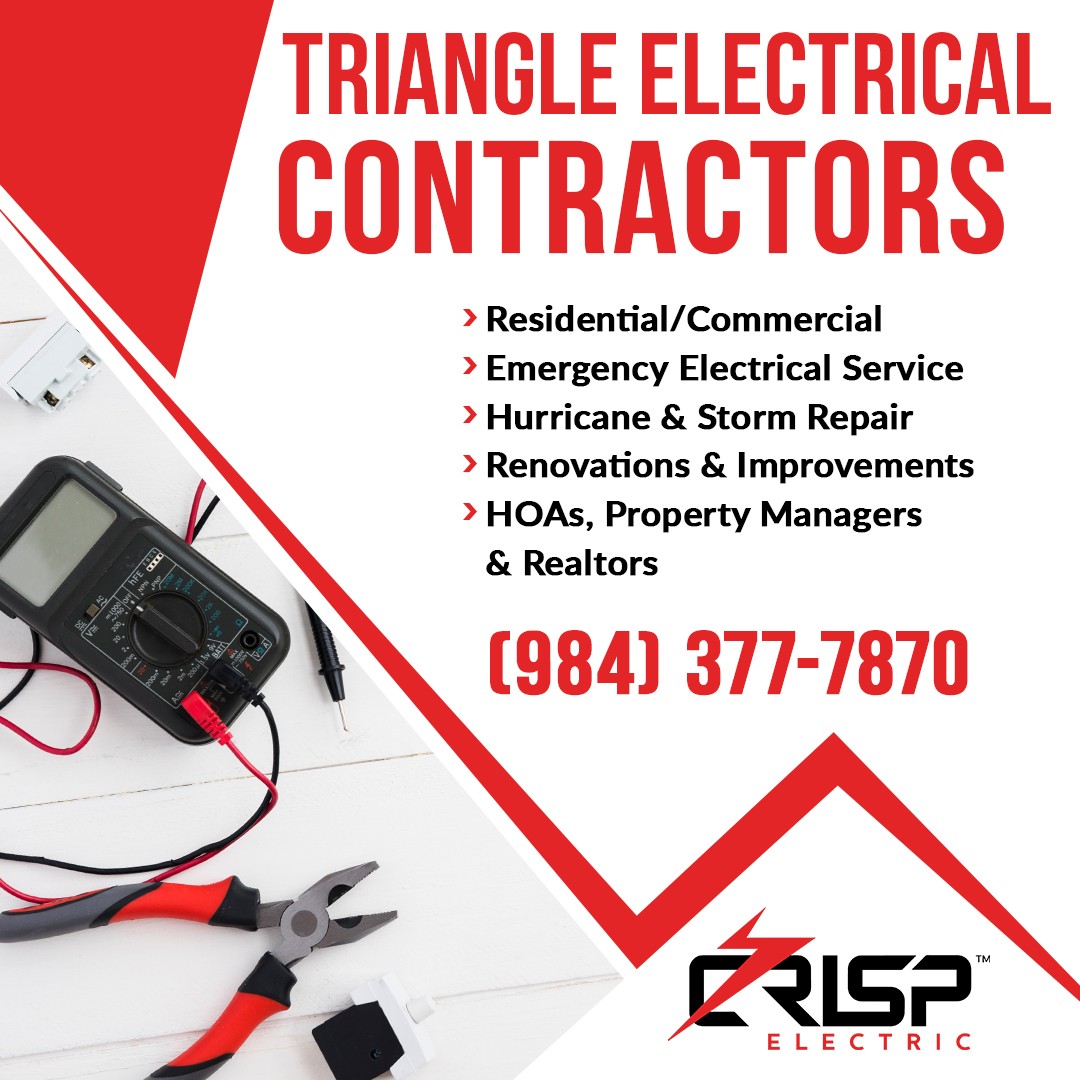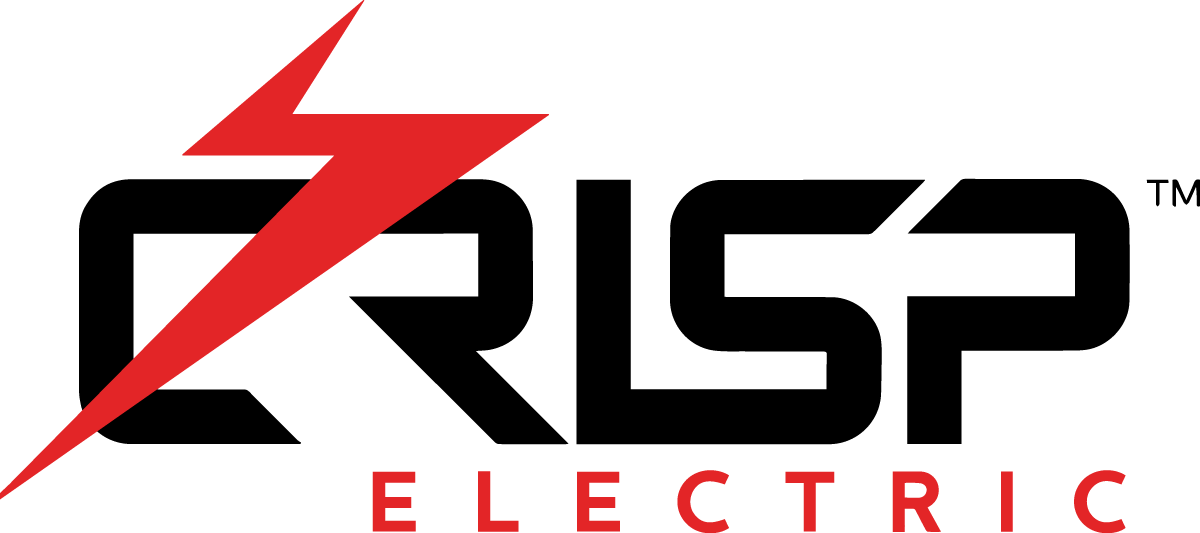The U.S. Consumer Product Safety Commission reports that mishaps with electrical extension cords cause about 4,000 trips to hospital emergency rooms each year. The misuse of extension cords and power strips also causes more than three thousand house fires annually, killing about 50 people and injuring over 250.
Extension cords are common household items that are often taken for granted. Many people would be surprised to learn just how dangerous they can be if used improperly. It is a matter of life and death that homeowners exercise caution when using extension cords.
The options for extension cords are daunting for the average homeowner who is not a licensed electrician. There are versions with UL listing, 3-wire design, Multi-outlet, indoor only, outdoor weather resistant, 13amp, 1625 watt, 16/3, 125V, basic, designer, NEMA, reinforced blades, oil-resistant, vinyl jacket and tangle-free. Cord lengths included 3’,6’,10’, 12’, 15’, 25’, 50’, and 100’. Extension cords come in a variety of colors, including white, brown, green, black, yellow, blue, pink, orange, or red.
Here are six important extension cord safety tips that a homeowner should know and teach their family to follow.
Safety Tip #1:
Homeowners should use only extension cords with GFCI or Ground Fault Circuit Interrupter protection. The GFCI will disconnect power if a potentially dangerous situation arises. A GFCI compares the current flowing through the cord and disconnects the power if a “leak” or imbalance of 4-6mA occurs. GFCI protection is an inexpensive lifesaver. If the cord being used does not have a built-in GFCI cord, plug the cord into a known GFCI outlet or a known GFCI protected circuit.
Safety Tip #2:
Use only one cord per tool up to 100 feet in length. Do not exceed 100 feet. If a project requires more than 100 feet in distance, a temporary power distribution box will need to be installed. Do not plug one extension cord into another. This practice can cause equipment failure, fires, and electrocution. Power cord ratings are determined by length. Connecting two cords together reduces current capacity in half, resulting in voltage drop and overheating. It is recommended that consumers only purchase cords made with 12-gauge wire. This gauge wire will handle any power tools without problems even if the length of the cord is over 100 feet in length. Avoid using less expensive cords that have smaller gauge wire.
Safety Tip #3:
Damaged cords should never be used. Electrical or duct tape on the cord is an indicator that the cord was damaged and repaired. While the cord may still work, using it is a violation of OSHA regulations. The only acceptable repair to a damaged cord is to remove the damaged area and install a new end. Surface damage that penetrates through the outer protective jacket of the cord is considered permanent and unrepairable. Take care to protect extension cords. Extension cords can be damaged by dropping tools or materials on them or pinching or kinking them. Never drive a vehicle over an extension cord.
Safety Tip #4:
Do not attach extension cords to walls or ceilings using metal nails or staples. Cords are manufactured with a relatively soft, flexible jacket. Any impacts, pinching, or bending can damage the cord.
Safety Tip #5:
Do not run cords through doorways or under rugs. Following this tip can avoid two dangers. One danger is tripping or falling over the cord, and the other danger is traffic damage to the cord. Only plug cords into outlets in the same room where work is being done. Position the cords around the edges of the room. Avoid laying a cord across the room where it might become a trip hazard or get run over by a heavy piece of equipment or a dolly.
Safety Tip #6:
Properly coil any extension cords to avoid kinking or pinching. Store the coiled cord in a safe place where it cannot be damaged.
Extension cords can be very helpful, but if they are used improperly, they can cause serious injury or death. Every home should have GFCI outlets that facilitate the use of extension cords. Homeowners who have any questions should contact a competent, certified electrician for a consultation, upgrade, or new installation of GFCI outlets.



